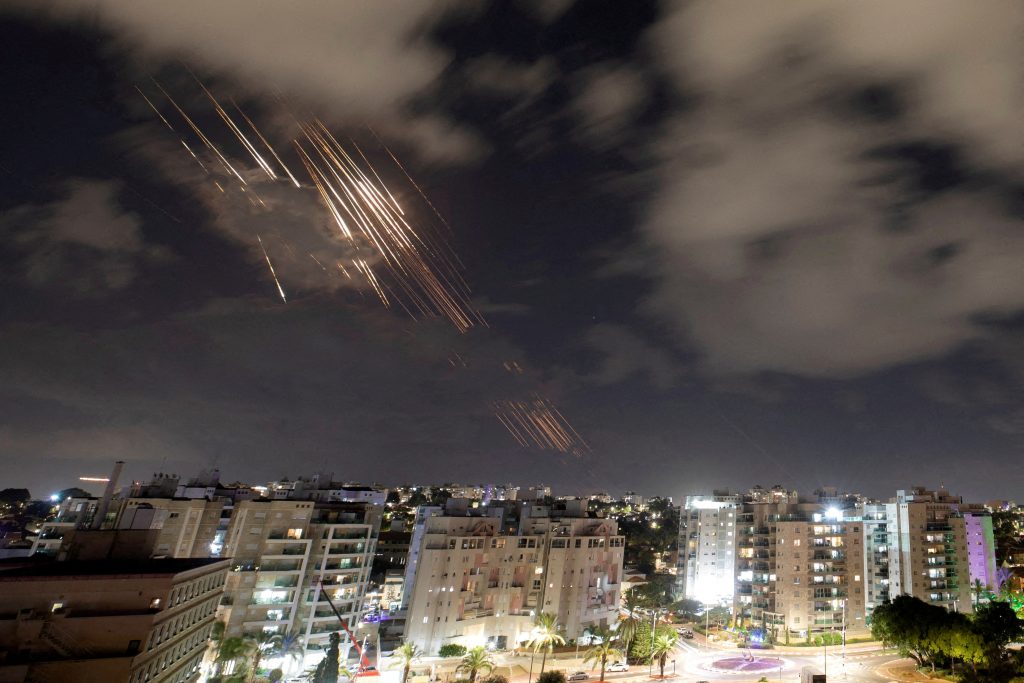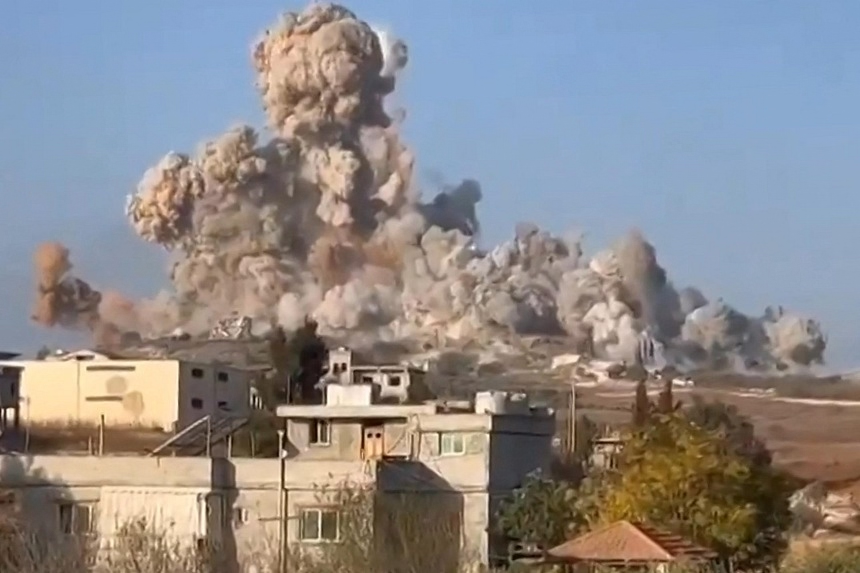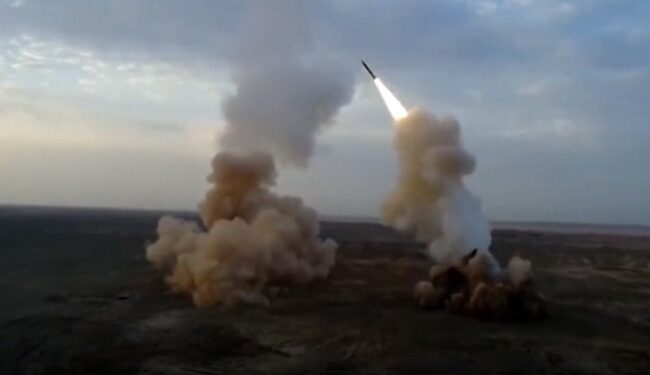As fears of a broader Middle East conflict rise, Iran’s Revolutionary Guards commander, Hossein Salami, warned Israel on Thursday against any retaliation following Iran’s October 1 missile barrage. Salami, in a televised address, emphasized Iran’s ability to penetrate Israel’s defenses and vowed that any Israeli attack on Iranian targets would be met with a painful response. This comes as Israel intensifies its military offensive against Hezbollah militants in Lebanon, backed by Iran, amid growing concerns of regional escalation.

The missile barrage from Iran earlier this month was carried out in response to Israeli airstrikes on Iranian-allied militants, further heightening tensions between the two nations. U.S. Defense Secretary Lloyd Austin spoke with Israeli Defense Minister Yoav Gallant in an effort to prevent the conflict from expanding. Meanwhile, Iran’s Foreign Minister Abbas Araqchi met with Egyptian President Abdel Fattah al-Sisi in Cairo, who reiterated Egypt’s call to avoid further escalation, though Israel shows no signs of halting its military campaigns.
Israel’s military operations have continued with airstrikes targeting Syria’s port city of Latakia early on Thursday, according to Syrian state media. In Yemen, the United States also carried out strikes against Iran-aligned Houthi-controlled areas, further intensifying the regional conflict. Despite efforts by Qatar to mediate ceasefire talks, there has been no diplomatic engagement on the Gaza war in recent weeks, leaving little hope for a peaceful resolution.

The situation in Gaza remains dire, with Israeli airstrikes killing 11 Palestinians in Gaza City on Thursday. Medics have warned of critical shortages in food and medical supplies, and United Nations officials have raised alarms over the humanitarian crisis. In northern Gaza, Israeli forces have moved tanks into Jabalia, further deepening the conflict.
In Lebanon, where Israeli forces are targeting Hezbollah, the Israeli military reported on Thursday that it had killed 45 Hezbollah fighters in southern Lebanon, including a battalion commander. The ongoing conflict has resulted in over 2,350 Lebanese deaths over the last year, according to Lebanon’s health ministry, with more than 1.2 million people displaced. In contrast, around 50 Israelis, both soldiers and civilians, have been killed during this period.

Evacuation orders have been issued by the Israeli military to residents in Lebanon’s Bekaa Valley, urging them to leave buildings believed to house Hezbollah facilities. Military spokesperson Avichay Adraee posted warnings on social media, advising residents to evacuate for their safety. The Bekaa Valley has become a critical battleground in the ongoing fight between Israel and Hezbollah, with no signs of de-escalation.
On Wednesday, an Israeli airstrike destroyed the municipal headquarters in Nabatieh, a major town in southern Lebanon, killing 16 people, including the town’s mayor. The attack, which Lebanese officials denounced, marks a significant escalation in Israel’s military campaign. Lebanese authorities have accused Israel of shifting its focus to target state institutions, signaling a potential broadening of the conflict.
The war between Israel and Hezbollah, which began over a year ago when Hezbollah launched missiles in support of Hamas, has shown no signs of slowing. The conflict has significantly escalated in recent weeks, drawing in multiple regional players and complicating efforts for peace. Lebanon has endured repeated bombings from Israel, leaving areas like Beirut’s southern suburbs, a Hezbollah stronghold, in ruins.

For many Lebanese, war has become an all-too-familiar part of life. Abdelnaser, a resident displaced from Beirut’s southern suburbs, reflected on the repeated destruction of Lebanon over the years. “War has become normal for us,” he said. “Every 10 years Lebanon gets built, and every 10 years it gets destroyed again.” His sentiment captures the grim reality facing Lebanon as the conflict with Israel drags on, with no end in sight.




